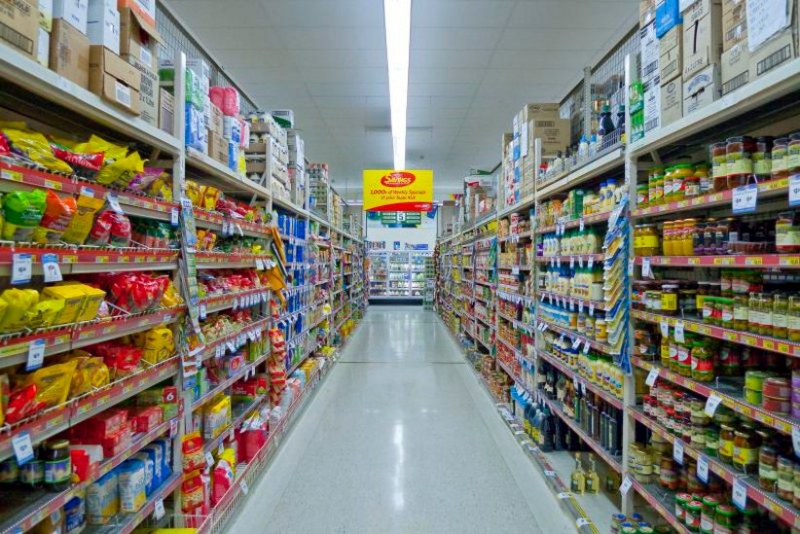 Yesterday I was in King Soopers. I had one mission. To quickly and without much thought check off a to-do on my productivity list.
Yesterday I was in King Soopers. I had one mission. To quickly and without much thought check off a to-do on my productivity list.
One of my to-do’s this day was to pick up several days worth of rice and beans. My thought process minutes before – while sitting in my car – was this:
– Take check to the bank and deposit it.
– Run into King Soopers to grab rice and beans.
– Stop by gas station to fill up with gas.
You see I made a 25 day commitment to eat only rice and beans when someone donates $25 to provide 100 school meals to chronically hungry children through the world food program.
With my commitment, I made the choice to give up the privilege I have in life to eat what I want to eat, when I want to eat it, and how much of it I want to eat.
As I was in King Soopers heading towards the rice and beans isle, I began to ponder about all the food I would be able to eat when my 25 days was up.
As I turned the corner to head down the isle toward the beans, fate introduced me to the man who talked to himself.
He was a tall, frail, black man. He appeared to be in his late 60’s to early 70’s. He had a thin, scruffy, gray beard and a face that seemed to tell the story of a rough journey in life.
As I got closer to this man I realized he was talking to himself. I also realized he was standing directly in front of the beans. This reality forced me to stand there and wait for him to finish his business so I could get my beans, get out of there, and get back to my day of productivity.
I believed in that moment, as my eyes started to tear up, God put me there at that precise time for a reason. As I stood there for what seemed like several minutes I noticed the frail old man’s shopping basket was empty.
That’s when I heard the man talking to himself in a stuttering fashion, “O’h. Hmmmm. Yes. Yes. Beans. Beans. These beans look good. These beans will do. O’h. Hmmmm. Yes. Yes. Beans. Beans. These beans look good. These beans will do. O’h. Hmmm. Yes. Yes. Beans. Beans. These beans look good. These beans will do. O’h. Hmmmm. Yes. Yes…”
It was in that moment – as I fought back the tears to protect my identity of being strong – it hit me, like a 100 lb ton of bricks had just been dropped on my head.
This man doesn’t get to ponder about all the food throughout the rest of the grocery store he could eat. I realized I was stereotyping, but seeing his empty basket, listening to the conversation he was having with himself, and then following him to the check out line to see that he was only buying beans, led me to believe this man was only buying beans because it was all he could afford.
He was eating beans because he had to. I was eating beans because I chose to.
I quickly realized that while the King Soopers I see when I walk in has dozens of isles of food to choose from, to this man King Soopers appears to only have one isle: The isle with beans.
The conclusion I drew in that moment was that while my 25 day commitment was to give up the privilege of any food that is not a rice or a bean, what I didn’t have to give up was my hope.
What I didn’t have to give up was my hope.
Hope, the universal feeling which binds people together, seemed lost to the man who was talking to himself.
It’s the same hope 300 million chronically hungry children in the world today fight to hold onto. It’s the same hope 180 million children don’t have the energy to think about because they go to school on an empty stomach. It’s the same hope 180 million children under the age of 1, who are chronically undernourished, may never ever experience.
It’s the same hope that 14,000 children are robbed of everyday, because death claims victory over them in their battle with chronic hunger.
Today, I am thankful for the hope I have. I’m also becoming more empathetic to the millions of children who may never taste the same level of intimate joy my hope provides me.
Better understanding 1 billion people’s face-to-face fight with chronic hunger, is helping me to become more empathetic and involved in their struggle.
What hope do you have which you think other’s have lost?
How has this reality affected you most? It would be encouraging for you to share your answer with us.

